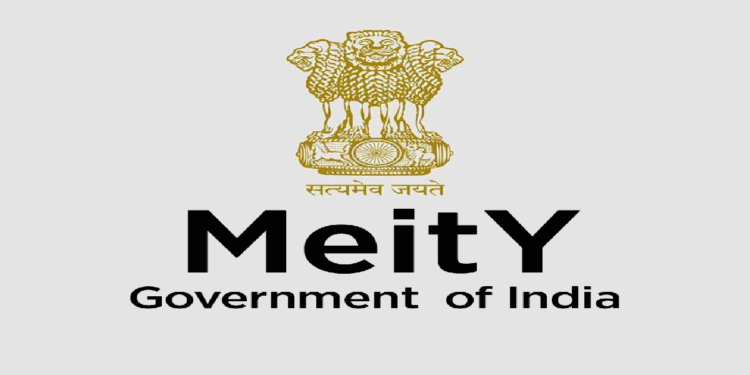Mumbai: The Government of India is intensifying efforts to strengthen its regulatory framework and ensure a safe, reliable, and accountable cyberspace for all users. In a written response to the Rajya Sabha, Minister of State for Electronics & IT, Shri Jitin Prasada, outlined key steps taken by the Centre to counter the rising threats of misinformation and deepfakes.
Prasada underscored the foundational role of the Information Technology Act, 2000, and its associated rules in combating unlawful online activities. This legislation safeguards internet users from offenses such as identity theft, impersonation, privacy breaches, and the spread of obscene or sexually explicit content, including material related to child sexual abuse. Importantly, the Minister clarified that these provisions also apply to content created using Artificial Intelligence (AI) tools and other forms of user-generated content.
Acknowledging the evolving nature of digital technologies and their potential misuse, especially through AI, the Ministry of Electronics and Information Technology (MeitY) has been actively engaging with industry stakeholders. These interactions aim to encourage the ethical use of technology while addressing new and emerging threats.
A key regulatory move in this direction is the implementation of the Information Technology (Intermediary Guidelines and Digital Media Ethics Code) Rules, 2021, along with their subsequent amendments. These “IT Rules, 2021” impose specific obligations on intermediaries, including social media platforms, to avoid hosting, storing, or sharing content that violates legal norms. Platforms are also required to act promptly on takedown requests for unlawful content, whether flagged by government authorities or reported by users.
The scope of “unlawful information” under these rules is extensive. It includes content that endangers children, incites hatred based on religion or caste with intent to cause violence, spreads false or misleading information, threatens national security or public order, or contravenes any existing laws.
To support users in addressing concerns, the IT Rules mandate the appointment of Grievance Officers by intermediaries to handle complaints about unlawful content. In cases of dissatisfaction, users can escalate matters to the Grievance Appellate Committees (GACs) through an online platform at www.gac.gov.in.
To tackle the growing challenge of AI-driven misinformation and deepfakes, MeitY has conducted extensive consultations with digital platforms and industry leaders. The Ministry has issued timely advisories reminding intermediaries of their responsibilities under the IT Rules and offering guidance on the removal of malicious “synthetic media” and deepfake content.
The Indian Computer Emergency Response Team (CERT-In) continues to play a crucial role in addressing cyber threats proactively. It regularly issues alerts and advisories on new vulnerabilities—including those linked to AI—and recommends measures to protect digital systems and data. Notably, CERT-In released specific advisories in May 2023 and November 2024 focused on threats related to AI and deepfakes.
CERT-In also promotes cybersecurity awareness through a range of initiatives aimed at individuals and organizations. These include alerts on phishing, vishing, and social engineering, cybersecurity protocols for government bodies, malware detection services via Cyber Swachhta Kendra, and the dedicated CSIRT-Fin for the financial sector. Public outreach campaigns are conducted through events like Cyber Security Awareness Month, Safer Internet Day, Swachhta Pakhwada, and Cyber Jagrookta Diwas.
In parallel, the Ministry of Home Affairs (MHA) has established the Indian Cyber Crime Coordination Centre (I4C) to streamline efforts among law enforcement agencies. Citizens can report cybercrimes via the National Cyber Crime Reporting Portal (https://cybercrime.gov.in), which channels complaints to the appropriate state or union territory. A toll-free helpline—1930—is also available for immediate assistance in financial cybercrime cases.
Through these comprehensive measures, the Government of India is reaffirming its commitment to fostering a secure and trustworthy digital ecosystem, proactively addressing the challenges posed by AI-driven technologies and online misinformation.






